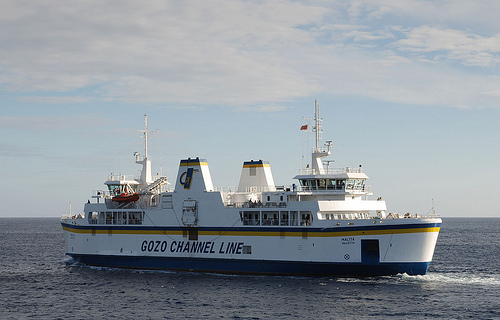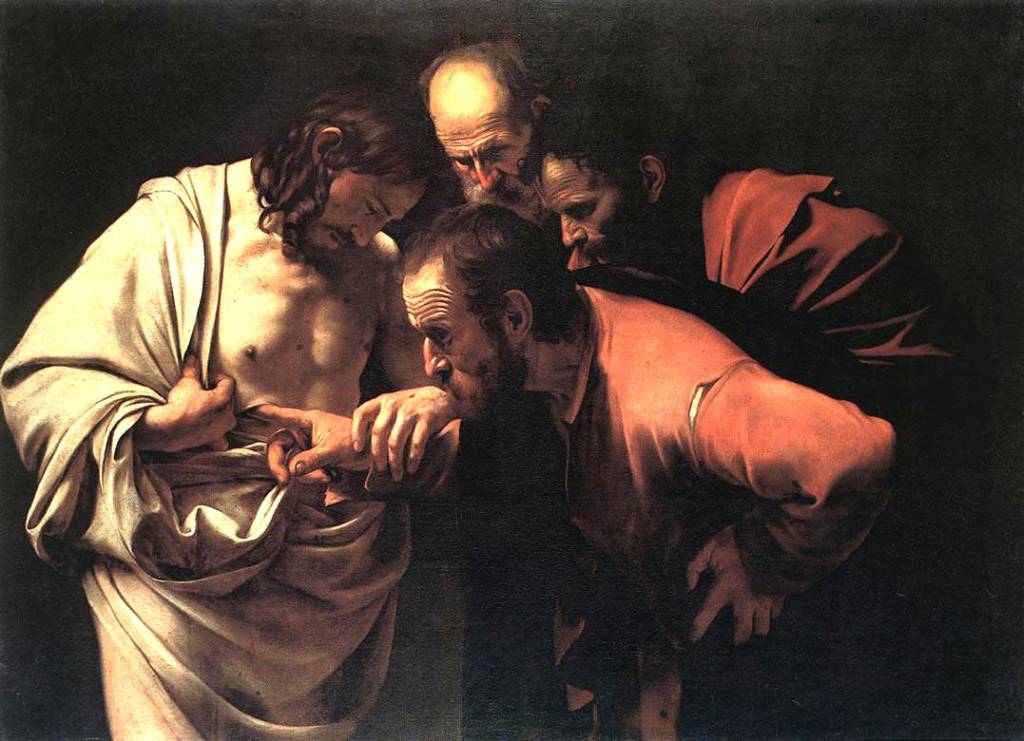I really do not find Joseph Muscat’s constant referring to the Nationalist Party as GonziPN productive or palatable. Probably Muscat thinks the same of anyone who still refers to him as “Inhobbkom” Joseph. But this is not about Muscat. This post is about the party that made it to government in 2008 against all odds and got to govern with a one-seat majority. The one-seat majority is Malta’s version of the “majority prize” that adjusts the parliamentary distribution of seats in order to just about have a majority of parliamentary members who were elected on one party ticket. Yes it is important to make that distinction. I did say “elected on one party’s ticket” and not “who support the party”.
It is not too fine a distinction and it is the distinction upon which the current uncertainty of governance lies. Its roots pass through the recruitment stage for candidates in 2008 by the Nationalist party and pass further down through the last leadership battle won by Lawrence Gonzi and lead at to the very bottom of the party’s recent history when the faction based on marketing, polls and pragmatic results started to eat away at the values that defined what the nationalist party represented and most of all that had forged the choices that were at the basis of visions for the future.
The Context
It was a domino effect that resulted from the party’s adaptation to the realities of post-Berlin wall politics – a reality that was only postponed for two reasons. Firstly, in the immediate aftermath of “the End of History” when the continent’s politicians were dabbling with the discourses of Fukuyama, a Nationalist Malta was busy reconstructing a nation from the badly managed socialist heritage of the late seventies and eighties. The “Xogħol, Ġustizzja, Libertà” and “Solidarjetà… dejjem.. kullimkien” slogans were not simply populist mating calls wooing the electorate but building blocks for a new society. There was promise and a set of values around which to plan the future. The nationalist party had no time for internecine squabbles between 1987 and 1994. It was busy.
Then came the second reason for the postponement of any need to adapt to “the End of History”. The challenge to drag an unwilling nation (there never was unanimity in this matter) into the EU proved to be an energy sapping exercise. The mission to join the EU club provided the necessary “value-driven” campaign that could keep the nationalist movement that had been constructed around Eddie Fenech Adami together for a while longer. Last election I wrote many a time that these choices (modernisation, construction of a democratic nation, EU membership) were “obvious choices” for which the PN should not be blowing its own trumpet too often. They may have been obvious to me and to many an educated gent and lady who had lived through the socialist period and longed to join the Western world but they were not obvious for Alfred Sant (and Joseph Muscat at the time) and his freezing of the EU membership bid in 1996 was ironically the freshest breath of air for a nationalist party that had been badly bruised by the electoral result.
In an ironic twist of the historical narrative Dom Mintoff proved to be the saviour of the nationalist party’s renewed bid to join the EU. From the hara-kiri of Sant’s short-lived government to May 2004 the Nationalist machine – party and government – had one obsession, one goal, one direction that did not allow for any distraction (let alone dissension). And then, starting from the infamous Luxol Ground speech by Eddie Fenech Adami the nationalist party lost its reference points and the downward spiral began. Bereft of the main challenges that had kept its clock ticking the PN suddenly discovered that for the first time since 1981 it was a party without a cause. All too suddenly it had become a mirror image of its greatest enemy: all noise and no substance.
All the Men that made GonziPN
This was the party that Lawrence Gonzi inherited after the war of attrition with the Dalli faction. Sure, the rot of many years in power had begun to set in. Sure, the cliques and favors that would eventually translate into media stories of nepotism and friends of friends networks continued to eat at the foundations of a party that had lost its compass. These were effects though, not causes, of the great decline of the PN machinery. 2008 was the benchmark year. In order to win at the polls again the PN dropped any remaining travesty of being a party with a plan and transformed into a Presidential movement. PN became GonziPN and the party machinery ditched the value-driven inspiration in favour of the marketing machinery and the dogs of war.
Having an opposition that puts up a feeble fight did not help obviate the redundancies in the policy category. After all who needs ideas when you can win by simply saying “Don’t vote for the other?”. The race for number one votes on the ballots meant that the web cast for potential candidates was as wide as possible (and with the only consideration being vote pulling factor). Errors that had already been committed at local council level with unpalatable candidates being preferred in favour of statistical and numerical victories were now repeated at national level. How did the Pullicino Orlando’s, the Mugliett’s and the Debono’s end up on the nationalist benches in parliament? Ask the 2008 “successful” campaigners – they will tell you. All that GonziPN needed was a slogan – a dream that might link its quest to past substance – and even for that it went and filched it off Monsieur Sarkozy. “Ensemble tout est possible” became unshamefacedly “Flimkien kollox possibli”. The die was cast.
Few would deny that the 2008 victory was a victory by default. GonziPN did not win the election, it was Sant’s Labour that lost it. Before long heroes such as JPO were bouncing up and down on their seats – not content to have survived the travesty of marketing and bitching that could have very well meant the downfall of this kind of politic had Sant played his cards properly. There can be no doubt that the downfall of this government was fashioned within the halls of Dar Centrali back in 2008 when the decision was made to transform a movement of social values and economic well-being into a presidential party honed for power without a back up plan.
Such short-sightedness was also the result of an unwillingness to engage with its own roots and to take up the unfinished business of creating a post-Berlin Wall raison d’etre. It was a mixture of laziness and excessive confidence that combined with a new generation of Young Turks who had been bred to unquestionably blend in to the echelons of power without engaging with new ideas. The PN born out of the 2008 election was the final death stab at the inspirational party that had read the national narrative so well for so long. From the moment GonziPN’s disparate motley crew took its place in parliament to govern with its artificial relative majority, “uncertainty” was a time bomb waiting to happen.
Dealing with Franco
Delaying writing this post has had its advantages. By now the General Council has ended and we all know how Lawrence Gonzi has chosen to deal with the hot potato that is Franco Debono. Can it be surprising that the party that opted for the Presidential-style mould will try to solve this latest challenge by reinforcing the presidential image? The end-of-term leadership race will in all probability turn into a victory by acclamation by Lawrence Gonzi. Who will dare stir the boat any further? Inevitably the leadership “challenge” will buy the PN time in government. Franco can no longer legitimately yell his lack of confidence in Lawrence Gonzi – even he will have to bow to the nationalist party’s vote.
Buying time also means buying time for the government projects that were coming to their end to be finalised. There will inevitably be accusatory fingers pointed at projects and laws finished and enacted on the eve of an election. Honestly speaking most would have been end-of-term projects anyway and would have suffered the same fate. That is not the biggest problem for GonziPN. The biggest problem is that this “leadership race” is the last-ditch reaction by Lawrence Gonzi and worse, an insistence on engaging within the “presidential” context dynamic. What remains to be seen and what is of paramount importance for the party is whether it is learning from the past mistakes. To do so it has to acknowledge them humbly and prepare to rebuild from scratch.
2012 is many political light years away from 1989. It might still not be too late for the nationalist party to make an appointment with history and use this latest borrowed time to take up real politics (not realpolitik) once again. For that it needs less noise, less drama, less taste-based propaganda and bull and to concentrate on the substance. Values, policies and a bottom-up realisation that this is the time to face new challenges within new parameters might only just make it.
Will fate throw another lifeline for the PN and spare it the (by now very necessary) years of rebuilding in opposition? We can only hope that if it does then the Nationalist party gets down to the real business of politics.


